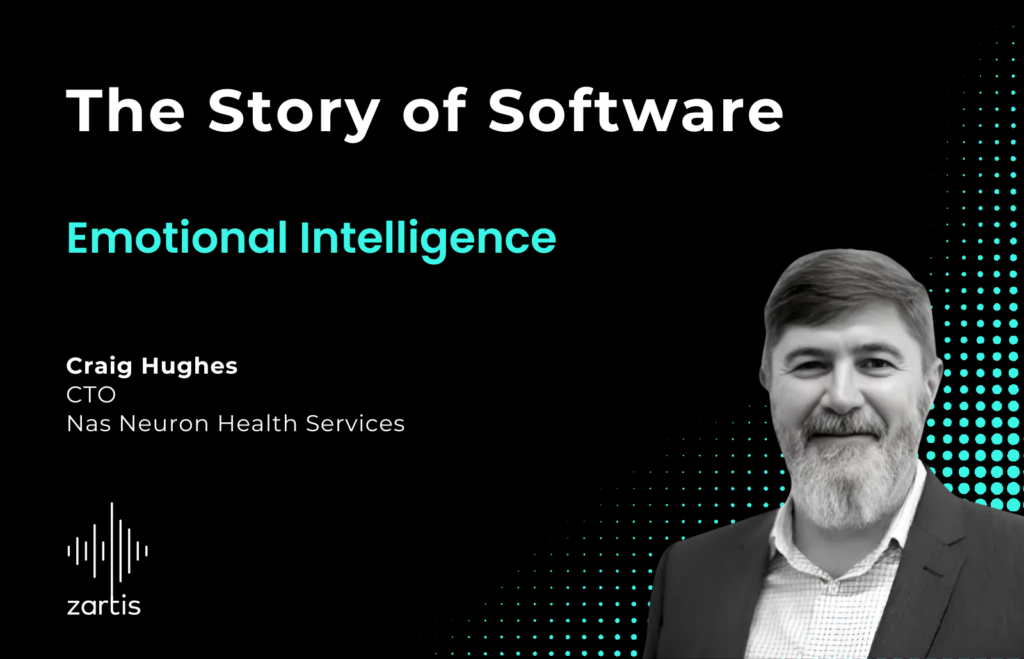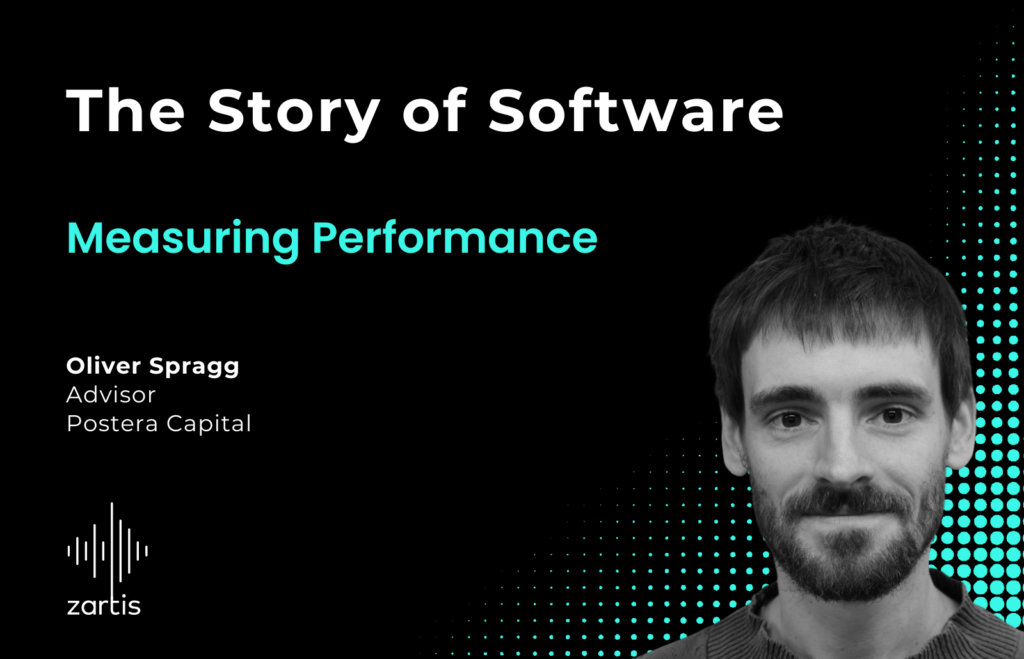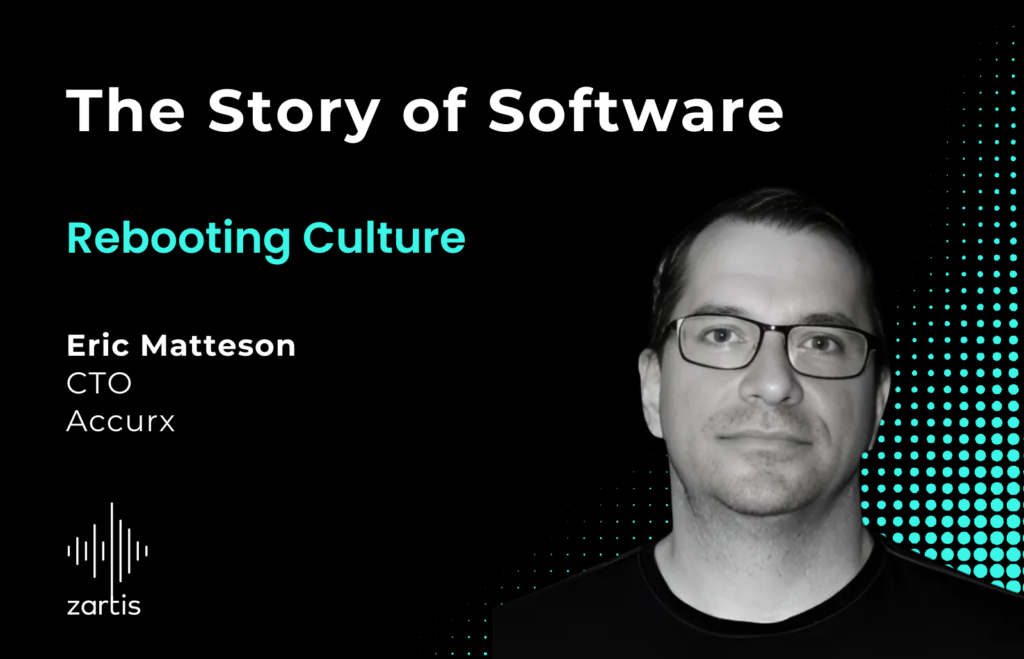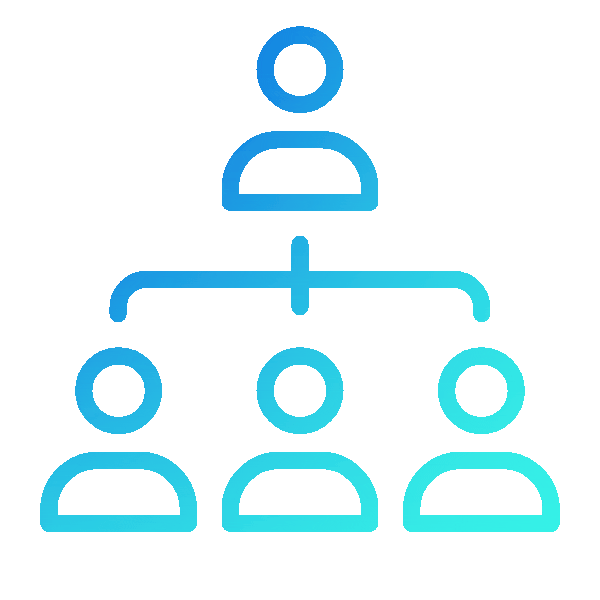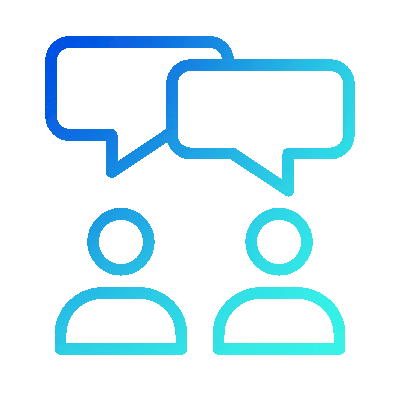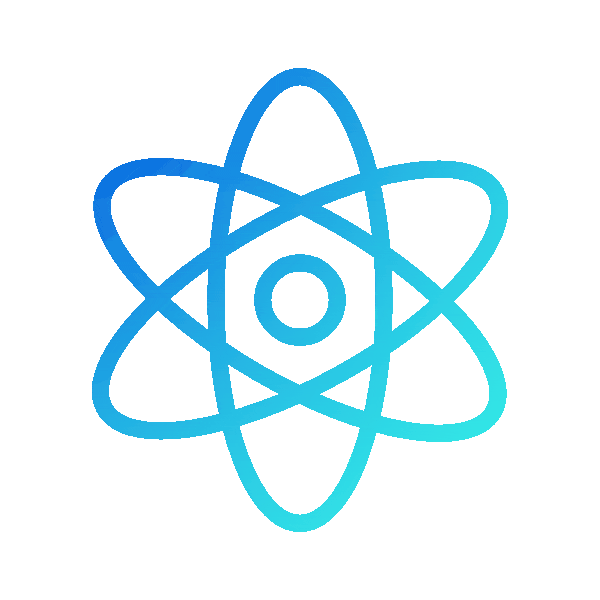Jonathan Larbey, CEO at T-Pro, joins us to discuss how the world can benefit from innovation in healthcare & the technologies solving the biggest problems.
The Guest – Jonathan Larbey, CEO at T-Pro
Jonathan Larbey is the CEO at T-Pro, the winner of the Deloitte 2021 Impact award, and a global leader in clinical documentation improvement software. T-Pro’s technology allows healthcare providers to voice-enable their existing processes, reduce transcription costs, outsource overflow transcription, and capture patient information effectively and efficiently from anywhere on any device.
Healthcare Digitization
The demands and pressure on the global healthcare sector have risen significantly in recent years with the Covid-19 pandemic, and so has the need for organizational efficiency in patient care. In this episode, we explore a number of ways in which technology can bring substantial innovation and bridge a number of efficiency gaps.
Some of the topics covered in the episode include:
- The shortcomings of the healthcare sector
- How technology can solve certain problems in healthcare
- Ensuring security in healthcare products
- Learnings from leading and scaling a technology business
Highlight:
Transcript (abridged version):
[…]
I’d like to ask you a question related to running a tech company without a background in engineering, which is the same situation I am in. I’ve never written a line of code but within our company, we’ve got 200 developers. Sometimes there are days I feel kind of slightly fraudulent in a sense. What has it been like to lead a very technology-oriented and focused business for you?
It’s an interesting one. I suppose anyone in your position or my position, probably does suffer from imposter syndrome, for the lack of a better word. But I don’t think that for running a business you necessarily need to know everything about it and the bigger the business gets, the more true that is.
So, on day one when I was talking about client-server software and getting into the cloud, myself and Mark had a Linux for Dummies book, and we ran YouTube the whole time. We were trying to do bits and pieces and manually running stuff that failed, etc. Then over time I realized, you don’t need to know how to do something. You just need to learn how to ask the right questions.
One of the things that’s kind of stood out to us is that we never really took No for an answer. I think it’s very easy, especially for developers. The first thing out of their mouth could be Ah, no, that’s impossible and then you dig into it a little bit more and it turns out well, actually, it’s not impossible, it’s just difficult. Then what’s difficult becomes doable and the next thing you know, you’ve got something pretty close to what you wanted in the first place. So it’s just knowing how to ask the right questions, knowing how to understand the answers you’re getting without getting into the nitty-gritty of it.
[…]
I’d love to get into more detail about T-Pro and specifically your product. Could you tell us a little bit about what it does and why your customers like working with you?
Essentially what we do is, look to solve the problems associated with documentation and administration in healthcare. So everywhere in the world, there’s a growing population and there’s a bigger requirement for healthcare. I don’t think you’d walk into any hospital today that’s operating under capacity. No hospital has spare beds, no clinics are under-subscribed. So there’s this huge demand for healthcare. Then you add in the advent of electronic medical records and digital record keeping as a whole. What that means for clinicians and the administrative staff is that there’s not just a larger requirement to document the care of patients, but also that documentation needs to be richer. Subsequently, what that means is that there’s just this huge burden of documentation, which is systemic throughout the whole industry. […]
There are studies done by PwC that state that the burden of documentation is their biggest gripe beyond rates of pay. Clinicians are spending more than 50% of their time on documentation. So that’s 50% of the time that they’re not caring for patients. They’re not operating on top of license in terms of performing their key competencies around patient care. So what we do is, rather than delivering a technical tool, we apply technology to all the different workflows and the different problems, whether that be in an administrative workflow, whether that be in a data entry workflow, whether that be in a hospital, in a community, or in a lab environment, and we have this platform that aims to solve all of those problems across the whole healthcare organization.
[…]
—
You can find The Story of Software podcast on:
Apple Podcasts, Spotify, Stitcher, Deezer, & any other podcast platform of your choice.
We hope you enjoy listening to this tech podcast and share any feedback with us: podcast@zartis.com
The Story of Software Podcast is produced by Zartis.

